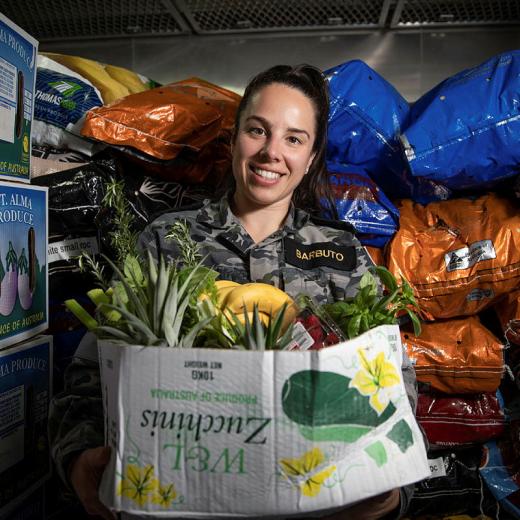BLUF
With antibiotics becoming increasingly resistant to infections, New Zealand's biodiversity might provide a solution.Summary
Siouxsie Wiles is an Associate Professor in Microbiology and Infectious Diseases. While many of the world's scientists are concentrating on the COVID-19 pandemic, Professor Wiles is concerned with something else—fungi. While COVID-19 is currently a significant threat to the health and wellbeing of people worldwide, it isn't the only microbial threat humans are facing. In 2014, the World Health Organisation (WHO) warned that antibiotic-resistant bacteria could make routine surgery, organ transplantation, and cancer treatment life-threateningly risky within a decade. As a result, the world desperately needs new antibiotics. New Zealand is well known for its unique animal and plant species. Being unique, they may contain unique compounds able to kill bacteria. Professor Wiles' search for new antibiotics has focused on fungi, especially those found only in Aotearoa, New Zealand. Wiles's latest research includes discovering fungal compounds that contain an important global airborne killer—Mycobacterium tuberculosis—which kills thousands of people around the world each day. With more than 10,000 fungi in the International Collection of Microorganisms from Plants (ICMP) database, Professor Wiles believes there may be a 'treasure trove' of potential new antibiotics waiting to be discovered.
References
- Jan 2021 The Conversation The other pandemic: Once-treatable diseases are growing resistant to antibiotics
- Jul 2021 The Lancet Resetting the agenda for antibiotic resistance through a health systems perspective
- Aug 2021 The Conversation New technology can create treatment against drug-resistant bacteria in under a week and adapt to antibiotic resistance
- Aug 2021 UNSW Newsroom Antibiotic resistance is a global health challenge that can't be ignored





